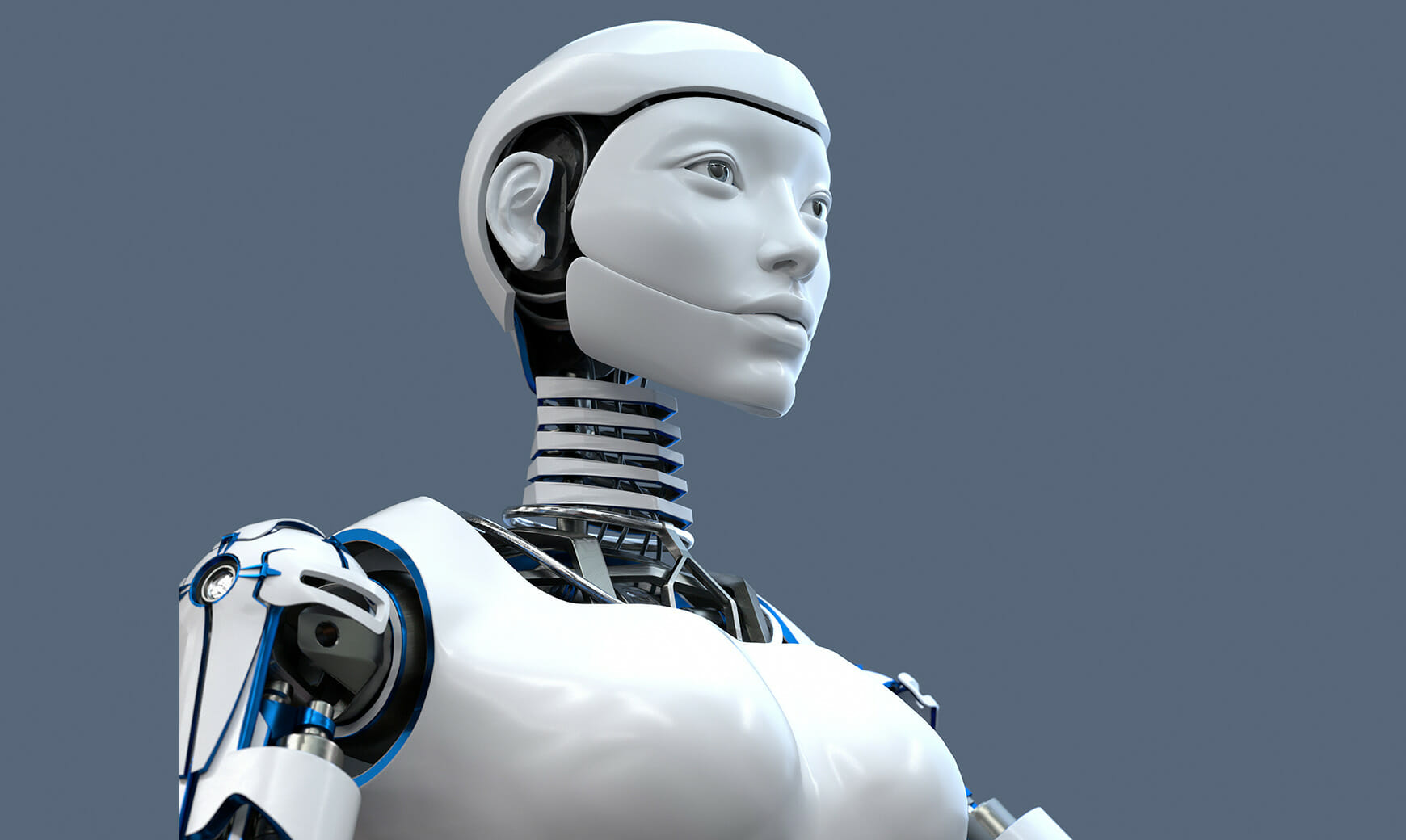The top U.S. patent court has confirmed what many were expecting in the patent community — that artificial intelligence (AI) is not considered an “individual” according to the Patent Act and thus AI cannot be named as an inventor on a patent.
The court’s ruling was the latest roadblock encountered by Dr. Stephen Thaler, who filed patent applications in several jurisdictions on a technology developed by the Autonomous Bootstrapping of Unified Sentience (DABUS) — an AI system created by Dr. Thaler that mimics the neural network of a human brain. These patent applications were filed as part of the Artificial Inventor Project and were focused on protecting two inventions that were conceived by DABUS without human intervention. As such, Dr. Thaler listed DABUS as the sole inventor.
Initially, the Patent Office denied the applications as failing to list a human inventor, relying on a provision of the Patent Act that defines an “inventor” as “the individual . . . who invented or discovered the subject matter of the invention.” According to the Patent Office, the current statutes, case law, and Patent Office regulations all limit inventorship to a human and preclude a broad interpretation that would encompass an AI machine.
In September 2021, a federal court in Virginia agreed with the Patent Office. The court provided a glimpse of hope for the future, however, stating “[a]s technology evolves, there may come a time when artificial intelligence reaches a level of sophistication such that it might satisfy the accepted meaning of inventorship. But that time has not yet arrived, and, if it does, it will be up to Congress to decide how, if at all, it wants to expand the scope of patent law.”
On appeal, the top patent court (The Court of Appeals for the Federal Circuit) confirmed that only humans can be considered inventors under current U.S. patent laws. The decision focused on whether AI could be listed as the sole inventor and did not address instances in which humans use AI to assist with conception of an invention. As such, we may see additional litigation on the latter issue involving parties attempting to invalidate a patent based on improper inventorship.
The Federal Circuit decision only reinforces what has been decided in foreign jurisdictions. Europe and the UK have taken a similar position on AI and inventorship, although Europe has indicated that it may be possible to name the AI’s user or owner as the inventor instead. Australia initially seemed to allow for AI to be an inventor, but an Australian court overturned this position in April 2022. South Africa — the only jurisdiction in which patents have been granted to DABUS — does not substantively review patent applications and, therefore, provides little guidance on this issue.
For now, the legal systems of the world seem to agree that AI cannot be listed as an inventor on a patent application. Although it appears that Dr. Thaler intends on appealing the decision to the Supreme Court, the outcome is not expected to change. Instead, these decisions show that legislative action will be needed to adapt the current patent laws to the quickly evolving world of AI. In the meantime, industries that rely on AI should continue involving humans in the inventive process to ensure that the inventorship includes at least one “individual” according to current patent laws.
Related media coverage includes the article below:
The Legal Intelligencer
